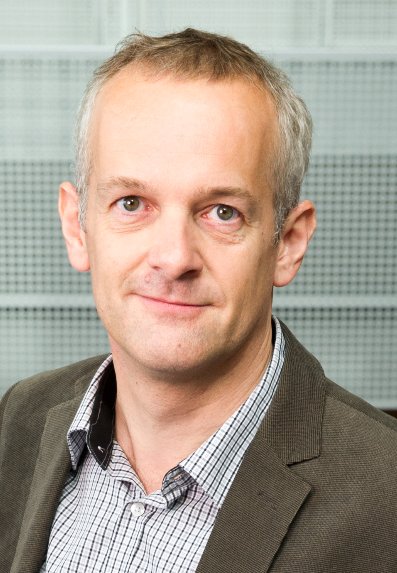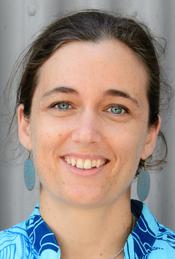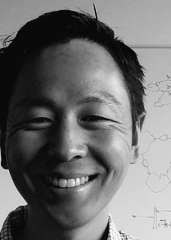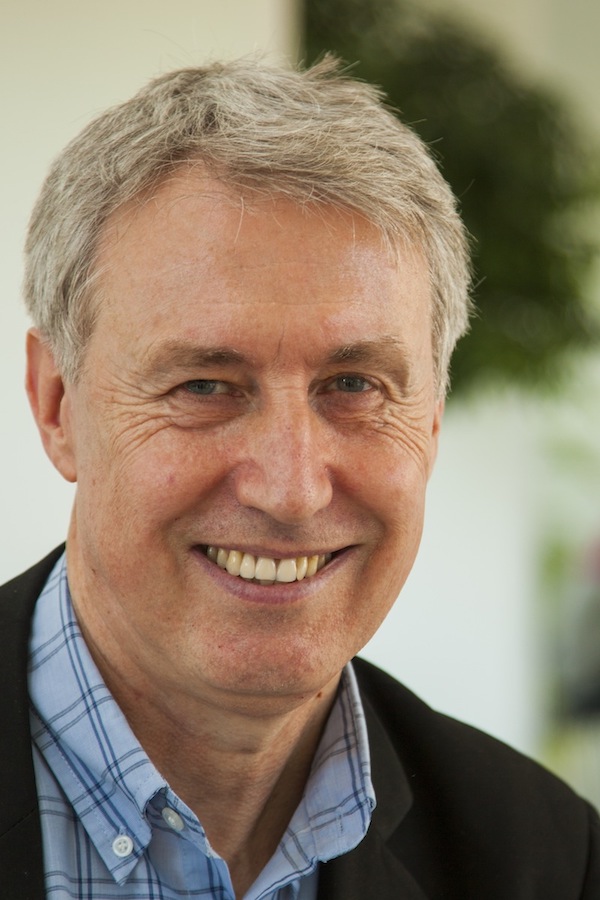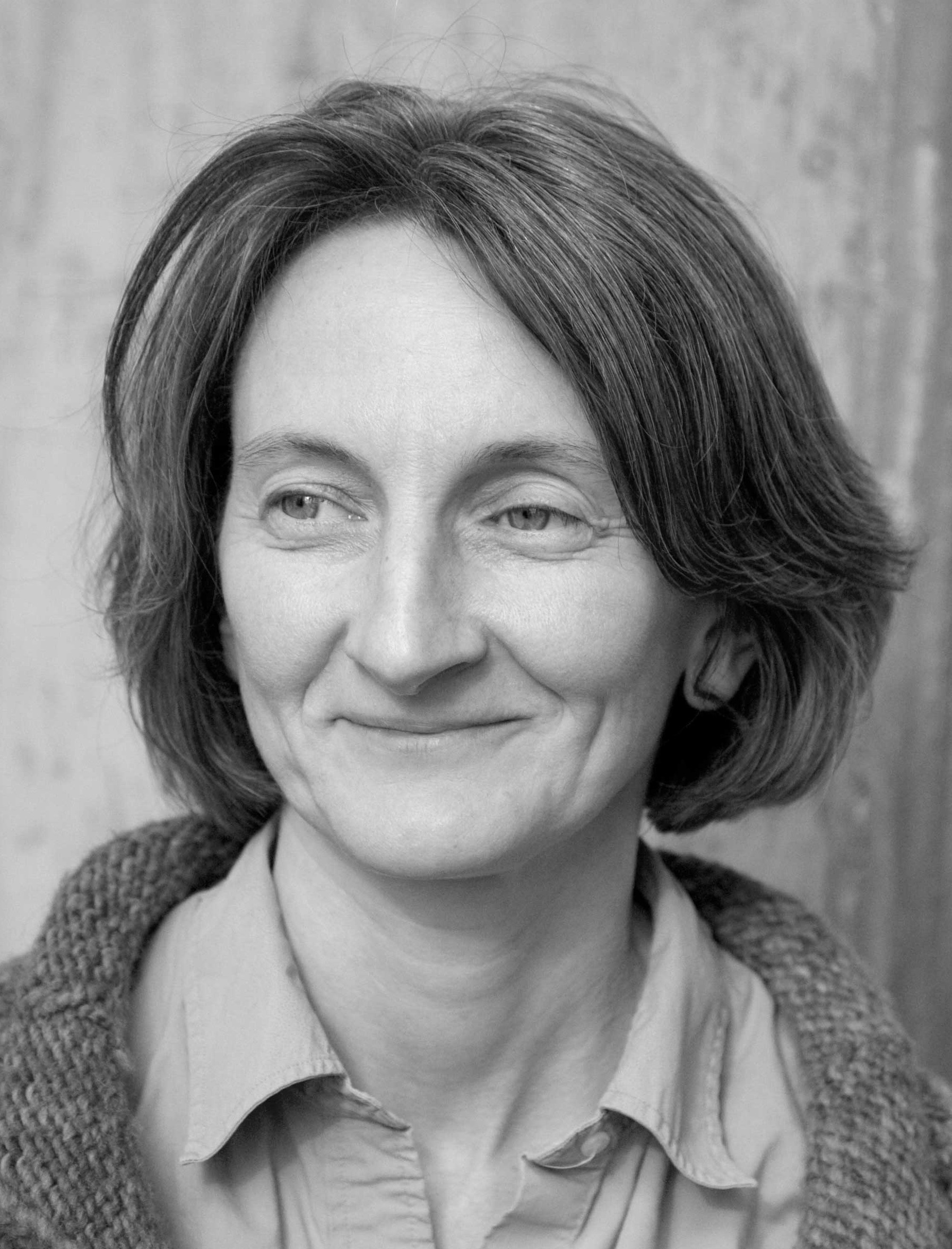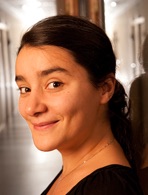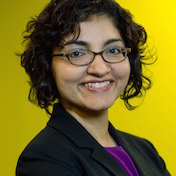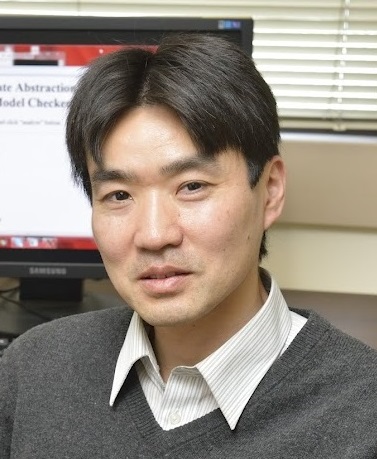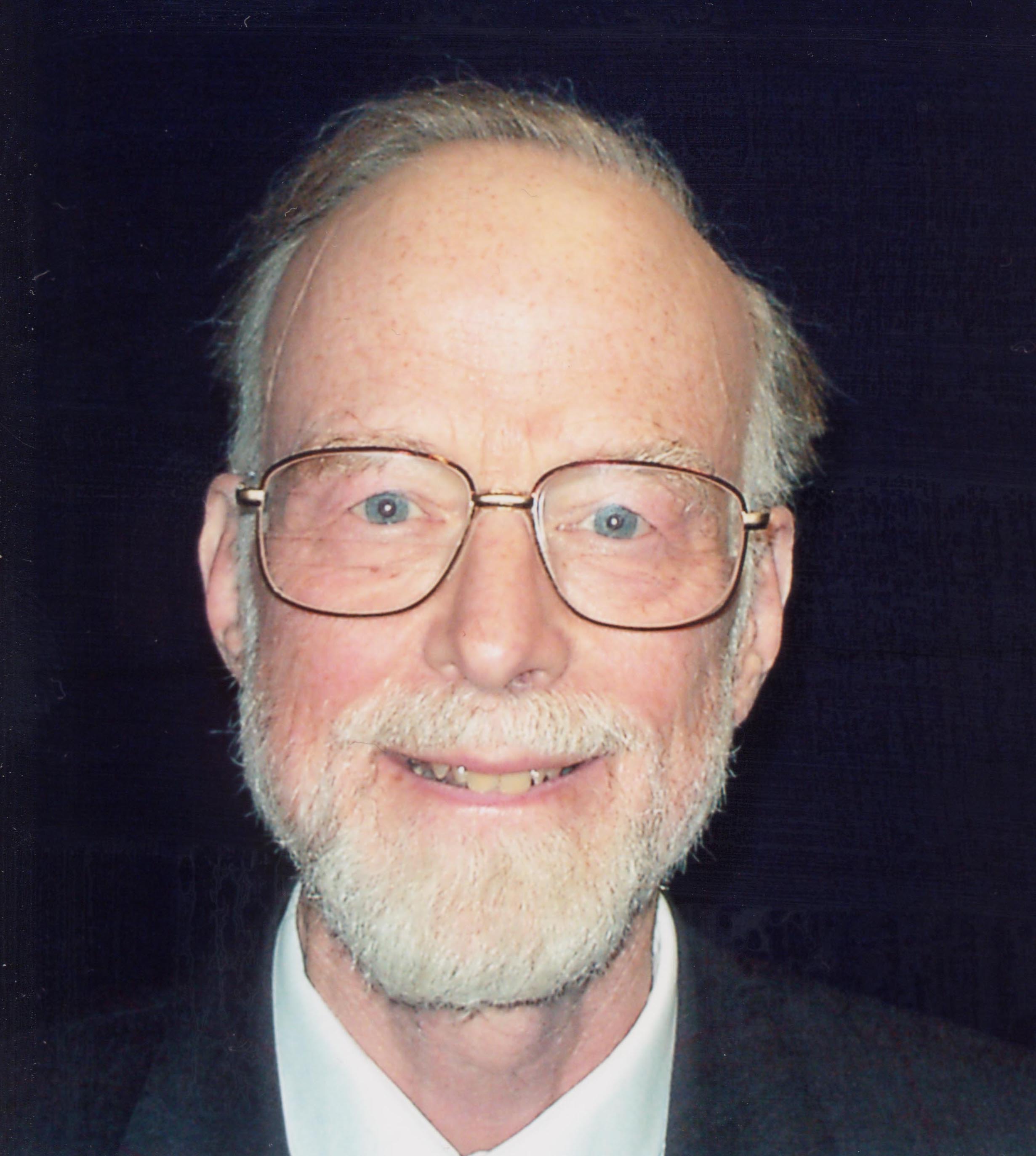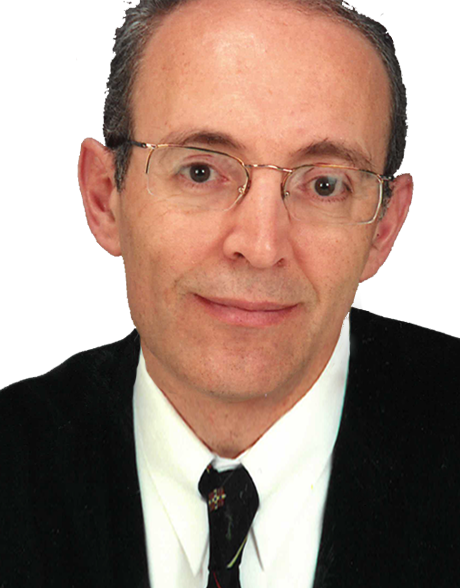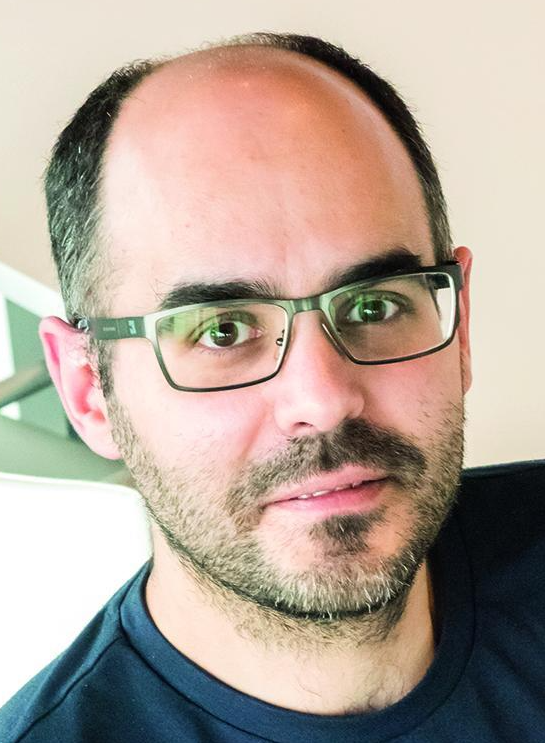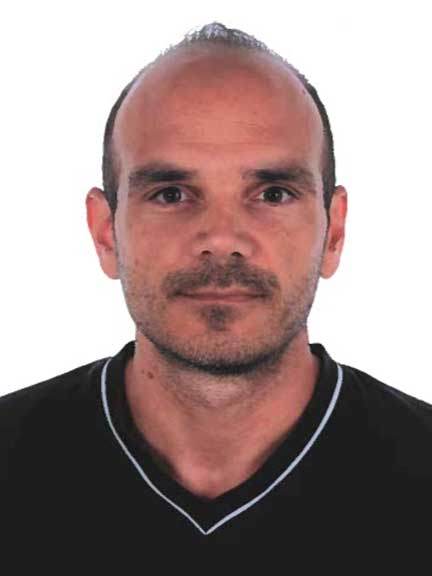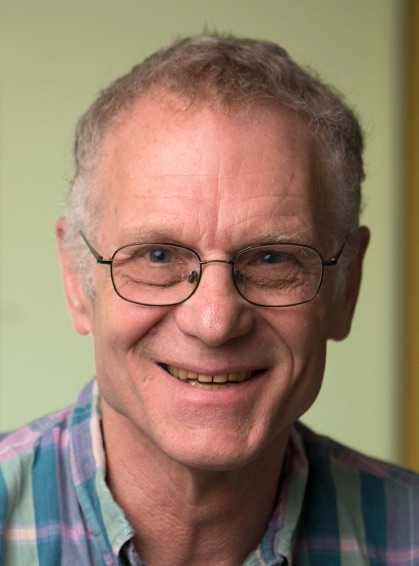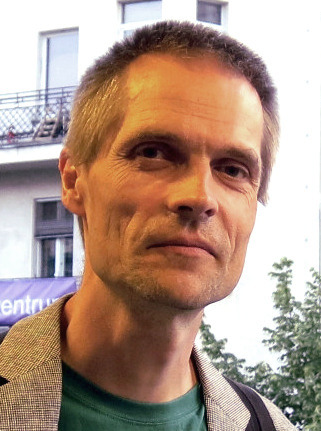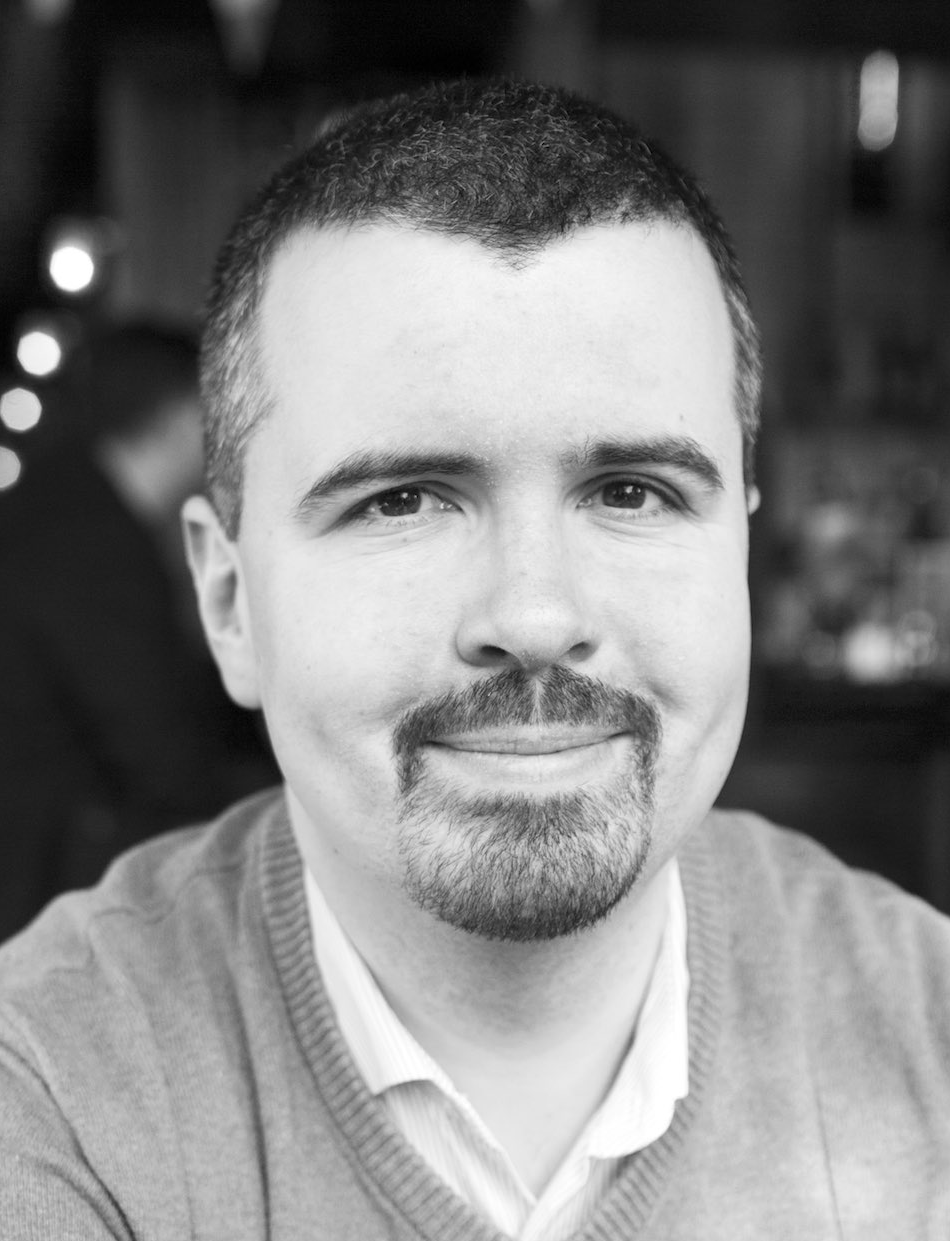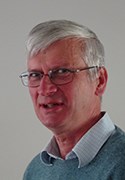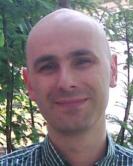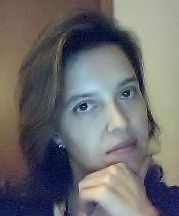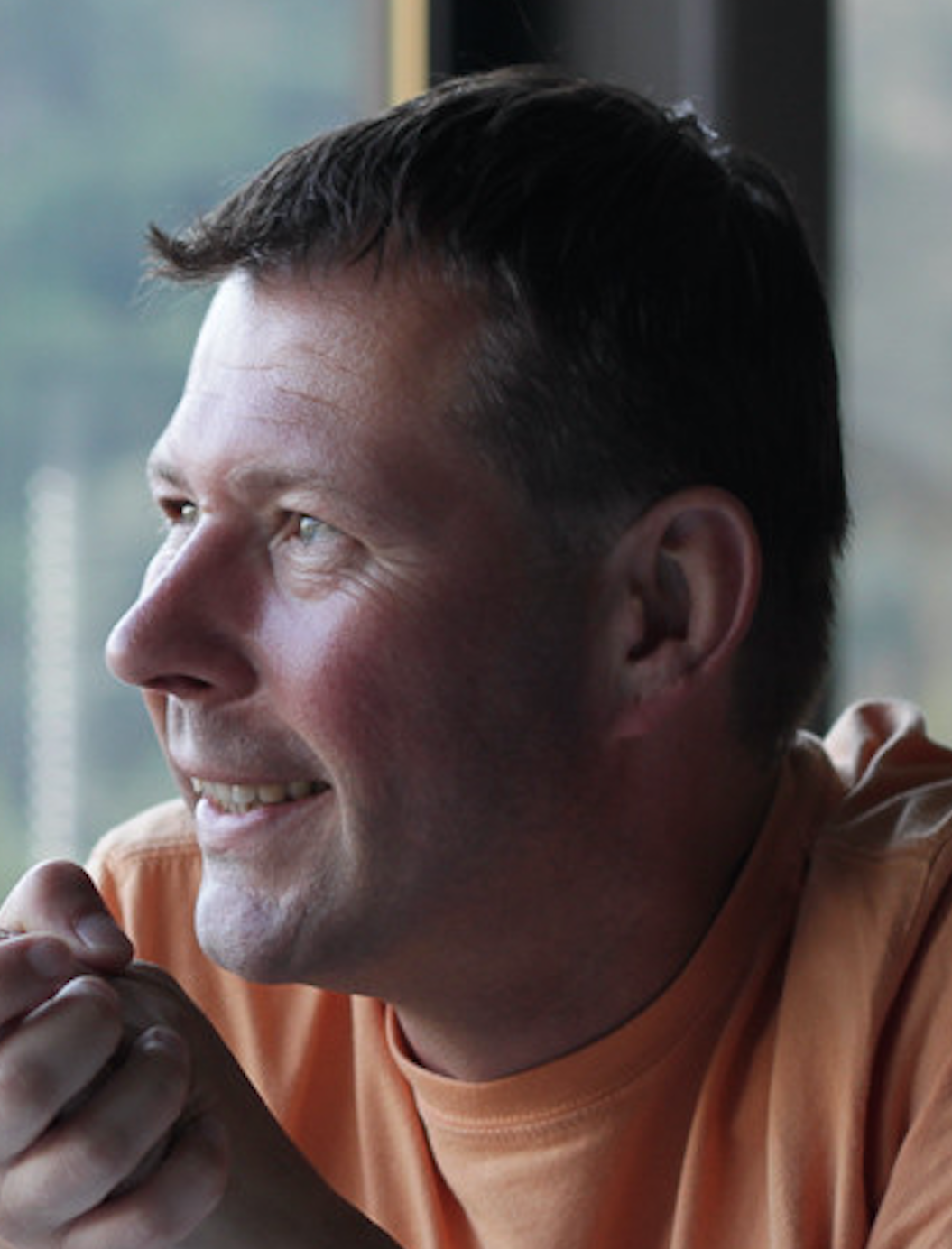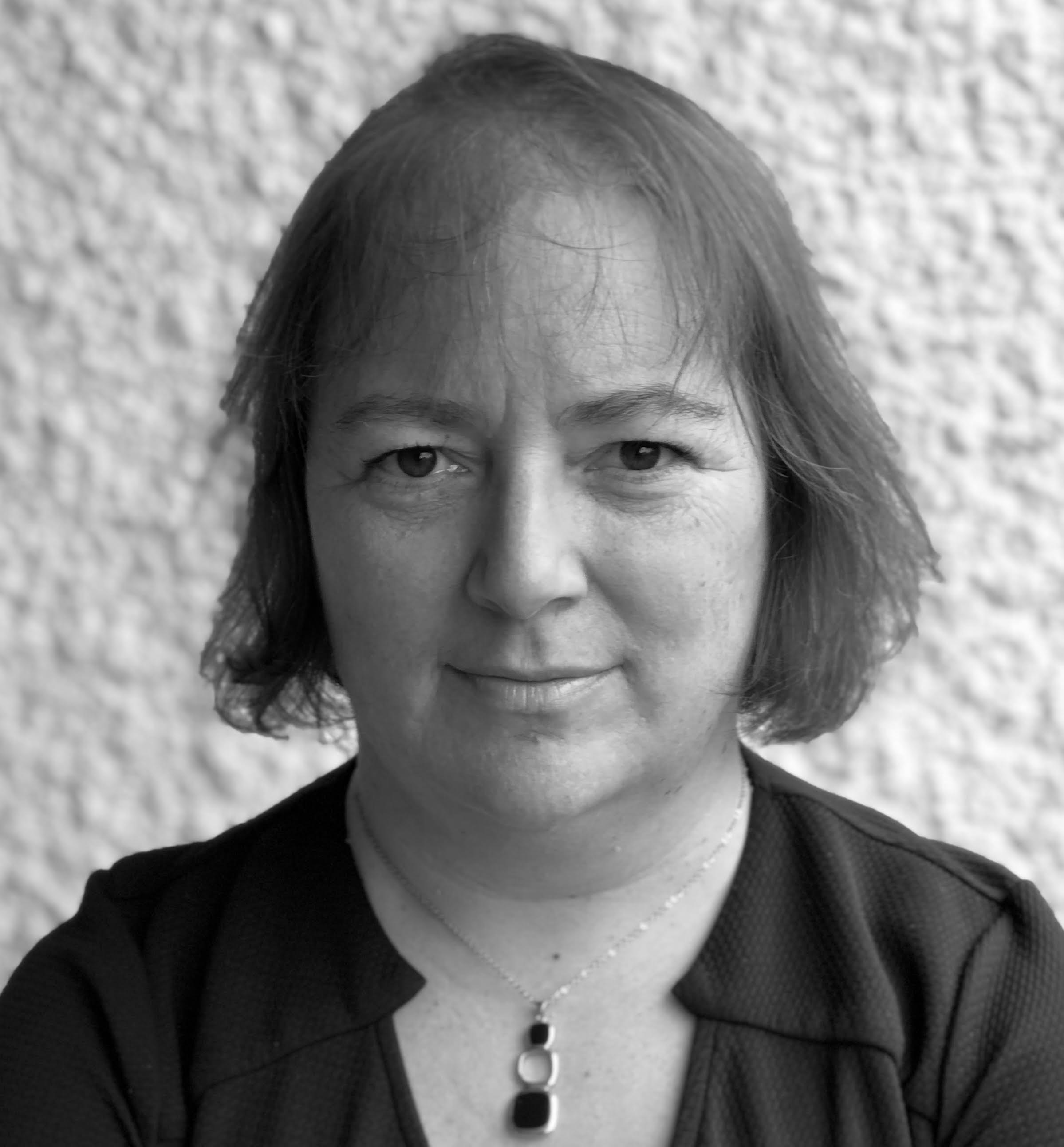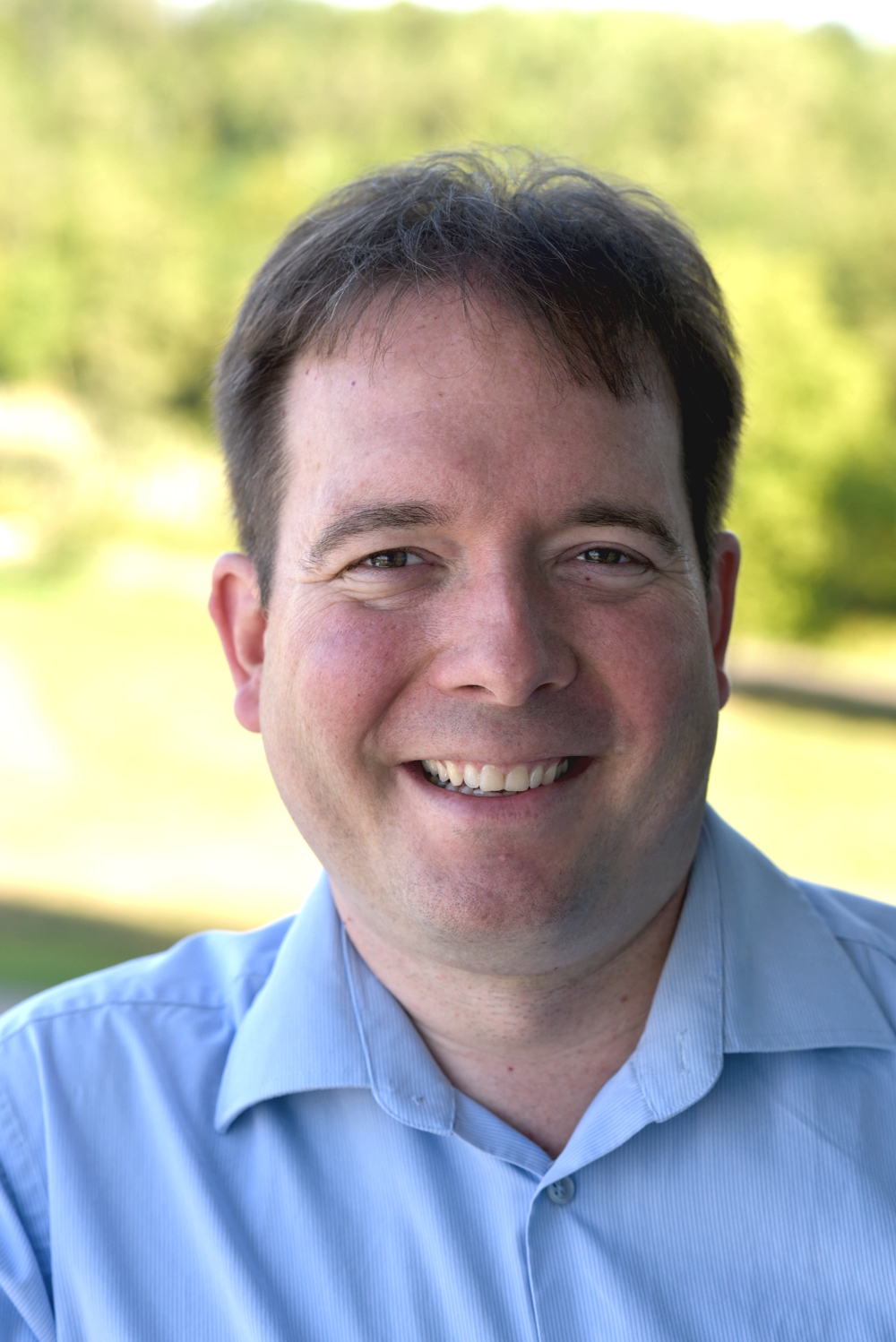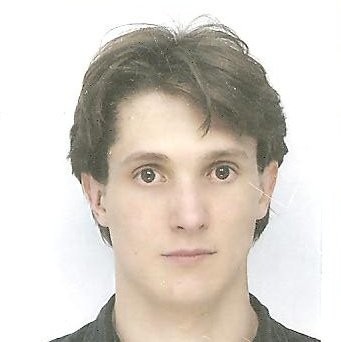FM 2019 Invited Speakers
DS 2019 Invited Speaker
iD 2019 Invited Speakers
LOPSTR 2019 Invited Speakers
MPC 2019 Invited Speakers
PPDP 2019 Invited Speakers
RV 2019 Invited Speakers
Akshay Rajhans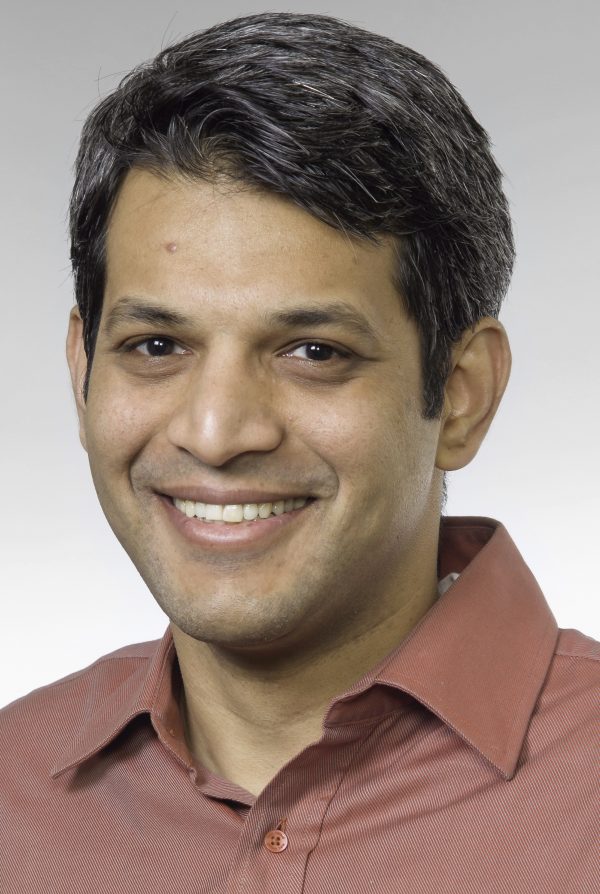 Dr. Akshay Rajhans is a Principal Research Scientist at MathWorks. His work and research interests lie in multi-formalism model-based design of cyber-physical systems. He organizes the MathWorks Research Summits and other external research conferences, and has been an invited speaker and a panelist at various research gatherings for over a decade. Earlier, he worked on electronic control for diesel engine applications at Cummins and on non-intrusive load monitoring at Bosch Research. He has a Ph.D. from Carnegie Mellon University and an M.S. from University of Pennsylvania. (Akshay Rajhans is kindly sponsored by Runtime Verification Inc.) Dr. Akshay Rajhans is a Principal Research Scientist at MathWorks. His work and research interests lie in multi-formalism model-based design of cyber-physical systems. He organizes the MathWorks Research Summits and other external research conferences, and has been an invited speaker and a panelist at various research gatherings for over a decade. Earlier, he worked on electronic control for diesel engine applications at Cummins and on non-intrusive load monitoring at Bosch Research. He has a Ph.D. from Carnegie Mellon University and an M.S. from University of Pennsylvania. (Akshay Rajhans is kindly sponsored by Runtime Verification Inc.) |
David Basin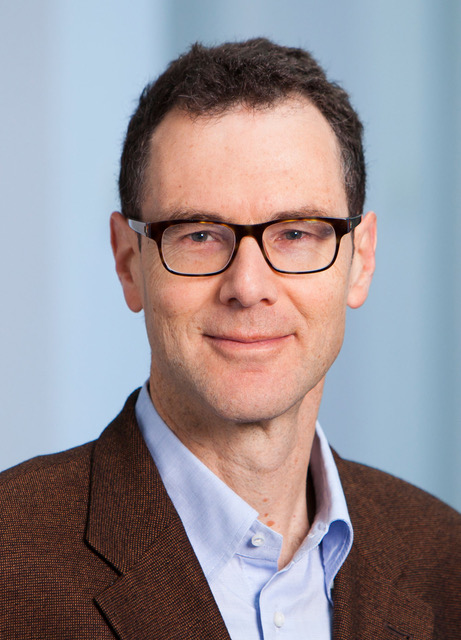 David Basin is professor of Computer Science at ETH Zurich and department head. He received his Ph.D. in Computer Science from Cornell University in 1989 and his Habilitation from the University of Saarbrucken in 1996. From 1997–2002 he held the chair of Software Engineering at the University of Freiburg. He is the founding director of the Zurich Information Security Center, which he led from 2003-2011. He is Editor-in-Chief of the ACM Transactions on Privacy and Security and an ACM fellow. (David Basin is kindly sponsored by Runtime Verification Inc.) David Basin is professor of Computer Science at ETH Zurich and department head. He received his Ph.D. in Computer Science from Cornell University in 1989 and his Habilitation from the University of Saarbrucken in 1996. From 1997–2002 he held the chair of Software Engineering at the University of Freiburg. He is the founding director of the Zurich Information Security Center, which he led from 2003-2011. He is Editor-in-Chief of the ACM Transactions on Privacy and Security and an ACM fellow. (David Basin is kindly sponsored by Runtime Verification Inc.) |
Sanjit A. Seshia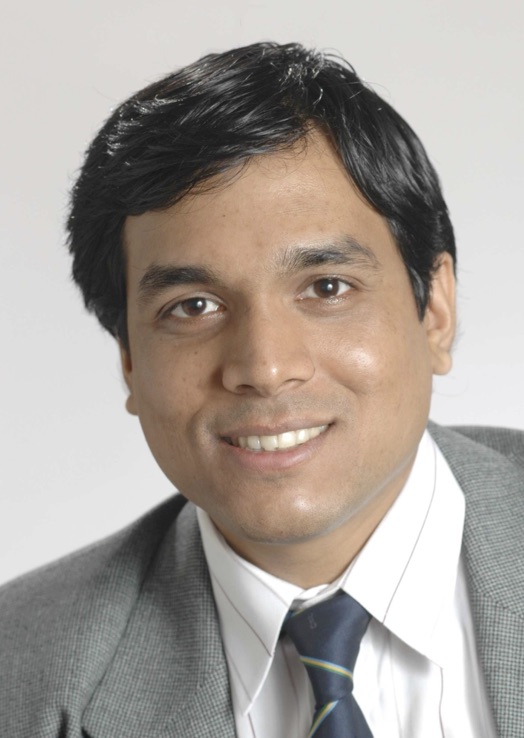 Sanjit A. Seshia is a Professor in the Dept. of Electrical Engineering and Computer Sciences at the University of California, Berkeley. He received an M.S. and Ph.D. in CS from Carnegie Mellon University, and a B.Tech. in CS and Eng. from the Indian Institute of Technology, Bombay. His research interests are in formal methods for dependable and secure computing, with a current focus on the areas of cyber-physical systems, computer security, and robotics. He has made pioneering contributions to the areas of satisfiability modulo theories (SMT), SMT-based verification, and inductive program synthesis. He is co-author of a widely-used textbook on embedded, cyber-physical systems and has led the development of technologies for cyber-physical systems education based on formal methods. His awards and honors include a Presidential Early Career Award for Scientists and Engineers (PECASE), an Alfred P. Sloan Research Fellowship, and the Frederick Emmons Terman Award for contributions to electrical engineering and computer science education. He is a Fellow of the IEEE. (Sanjit A. Seshia is kindly sponsored by Runtime Verification Inc.) Sanjit A. Seshia is a Professor in the Dept. of Electrical Engineering and Computer Sciences at the University of California, Berkeley. He received an M.S. and Ph.D. in CS from Carnegie Mellon University, and a B.Tech. in CS and Eng. from the Indian Institute of Technology, Bombay. His research interests are in formal methods for dependable and secure computing, with a current focus on the areas of cyber-physical systems, computer security, and robotics. He has made pioneering contributions to the areas of satisfiability modulo theories (SMT), SMT-based verification, and inductive program synthesis. He is co-author of a widely-used textbook on embedded, cyber-physical systems and has led the development of technologies for cyber-physical systems education based on formal methods. His awards and honors include a Presidential Early Career Award for Scientists and Engineers (PECASE), an Alfred P. Sloan Research Fellowship, and the Frederick Emmons Terman Award for contributions to electrical engineering and computer science education. He is a Fellow of the IEEE. (Sanjit A. Seshia is kindly sponsored by Runtime Verification Inc.) |
SAS 2019 Invited Speakers
Caterina Urban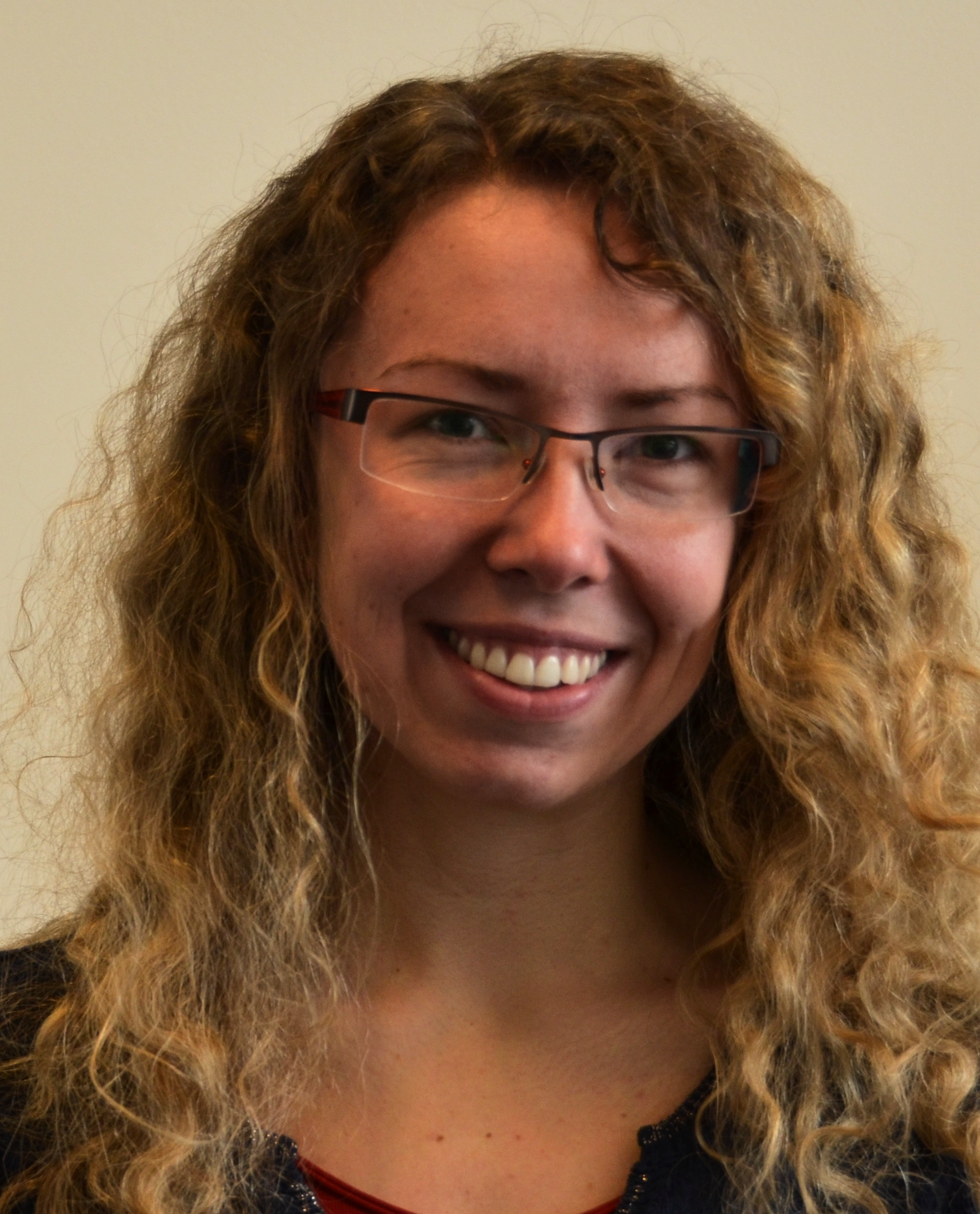 Caterina Urban is a Research Scientist at INRIA and École Normale Supérieure in Paris. Her main research interest is the development of formal methods and static analysis tools to enhance the reliability of computer software and to help understanding complex software systems. Prior to INRIA, she was a postdoc at ETH Zurich. She received her PhD in Computer Science with full marks and honors from École Normale Supérieure, where she was advised by Radhia Cousot and Antoine Miné. During her PhD she spent five months as a visiting research scholar at the NASA Ames Research Center and Carnegie Mellon University in California. She holds a Bachelor’s and a Master’s degree in Computer Science from the Università degli Studi di Udine in Italy, where she was born and grew up. (Caterina Urban is kindly sponsored by Google LLC.) Caterina Urban is a Research Scientist at INRIA and École Normale Supérieure in Paris. Her main research interest is the development of formal methods and static analysis tools to enhance the reliability of computer software and to help understanding complex software systems. Prior to INRIA, she was a postdoc at ETH Zurich. She received her PhD in Computer Science with full marks and honors from École Normale Supérieure, where she was advised by Radhia Cousot and Antoine Miné. During her PhD she spent five months as a visiting research scholar at the NASA Ames Research Center and Carnegie Mellon University in California. She holds a Bachelor’s and a Master’s degree in Computer Science from the Università degli Studi di Udine in Italy, where she was born and grew up. (Caterina Urban is kindly sponsored by Google LLC.) |
Mayur Naik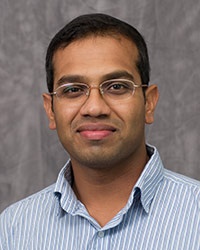 Mayur Naik is an Associate Professor of Computer and Information Science at the University of Pennsylvania. His current research interests lie at the intersection of machine learning and symbolic reasoning, with applications to computer-aided approaches for improving software quality and programmer productivity. His contributions span the areas of static analysis, constraint solving, testing, security, concurrency, and mobile computing. He received a Ph.D. in Computer Science from Stanford University in 2008. Previously, he was a researcher at Intel Labs, Berkeley from 2008 to 2011, and a faculty member at Georgia Tech from 2011 to 2016. (Mayur Naik is kindly sponsored by Google LLC.) Mayur Naik is an Associate Professor of Computer and Information Science at the University of Pennsylvania. His current research interests lie at the intersection of machine learning and symbolic reasoning, with applications to computer-aided approaches for improving software quality and programmer productivity. His contributions span the areas of static analysis, constraint solving, testing, security, concurrency, and mobile computing. He received a Ph.D. in Computer Science from Stanford University in 2008. Previously, he was a researcher at Intel Labs, Berkeley from 2008 to 2011, and a faculty member at Georgia Tech from 2011 to 2016. (Mayur Naik is kindly sponsored by Google LLC.) |
Somesh Jha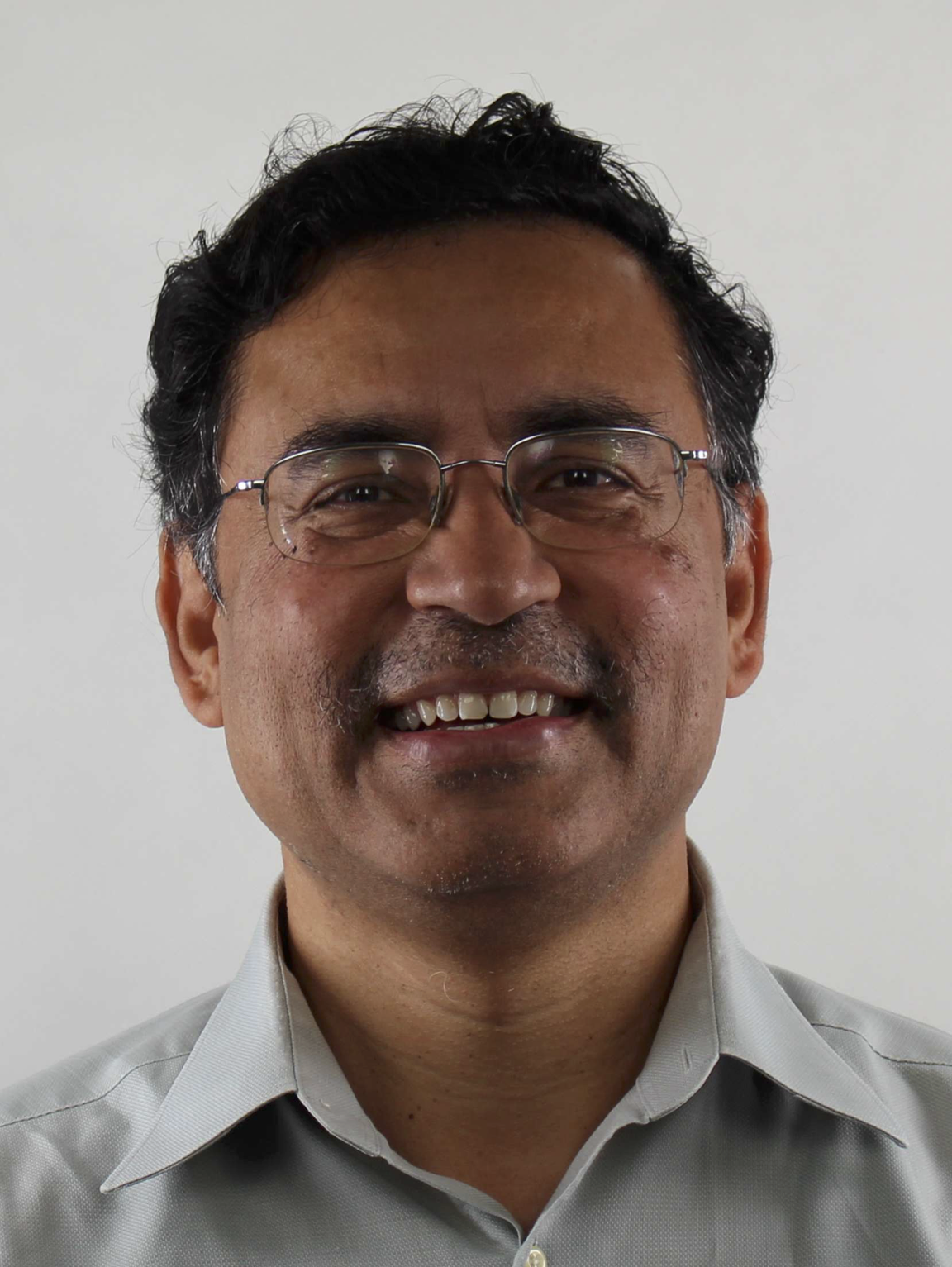 Somesh Jha received his B.Tech from Indian Institute of Technology, New Delhi in Electrical Engineering. He received his Ph.D. in Computer Science from Carnegie Mellon University under the supervision of Prof. Edmund Clarke (a Turing award winner). Currently, Somesh Jha is the Lubar Professor in the Computer Sciences Department at the University of Wisconsin (Madison). His work focuses on analysis of security protocols, survivability analysis, intrusion detection, formal methods for security, and analyzing malicious code. Recently, he has also worked on privacy-preserving protocols and adversarial ML (AML). Somesh Jha has published several articles in highly-refereed conferences and prominent journals. He has won numerous best-paper and distinguished-paper awards. Prof Jha also received the NSF career award. Prof. Jha is the fellow of the ACM and IEEE. (Somesh Jha is kindly sponsored by Google LLC.) Somesh Jha received his B.Tech from Indian Institute of Technology, New Delhi in Electrical Engineering. He received his Ph.D. in Computer Science from Carnegie Mellon University under the supervision of Prof. Edmund Clarke (a Turing award winner). Currently, Somesh Jha is the Lubar Professor in the Computer Sciences Department at the University of Wisconsin (Madison). His work focuses on analysis of security protocols, survivability analysis, intrusion detection, formal methods for security, and analyzing malicious code. Recently, he has also worked on privacy-preserving protocols and adversarial ML (AML). Somesh Jha has published several articles in highly-refereed conferences and prominent journals. He has won numerous best-paper and distinguished-paper awards. Prof Jha also received the NSF career award. Prof. Jha is the fellow of the ACM and IEEE. (Somesh Jha is kindly sponsored by Google LLC.) |
Suresh Jagannathan Suresh Jagannathan is the Samuel D. Conte Professor of Computer Science at Purdue University. His research interests are in programming languages generally, with a specific focus on program verification, functional programming, and concurrent and distributed systems. From 2013-2016, he served as a program manager in the Information Innovation Office at DARPA, where he conceived and led programs in probabilistic reasoning and machine learning, program synthesis, and adaptive computing. He has also been a visiting faculty scholar at Cambridge University, where he spent a sabbatical year in 2010; and, prior to joining Purdue, was a senior research scientist at the NEC Research Institute in Princeton, N.J. He received his Ph.D from MIT. (Suresh Jagannathan is kindly sponsored by Google LLC.) Suresh Jagannathan is the Samuel D. Conte Professor of Computer Science at Purdue University. His research interests are in programming languages generally, with a specific focus on program verification, functional programming, and concurrent and distributed systems. From 2013-2016, he served as a program manager in the Information Innovation Office at DARPA, where he conceived and led programs in probabilistic reasoning and machine learning, program synthesis, and adaptive computing. He has also been a visiting faculty scholar at Cambridge University, where he spent a sabbatical year in 2010; and, prior to joining Purdue, was a senior research scientist at the NEC Research Institute in Princeton, N.J. He received his Ph.D from MIT. (Suresh Jagannathan is kindly sponsored by Google LLC.) |
TAP 2019 Invited Speakers
Ana Cavalcanti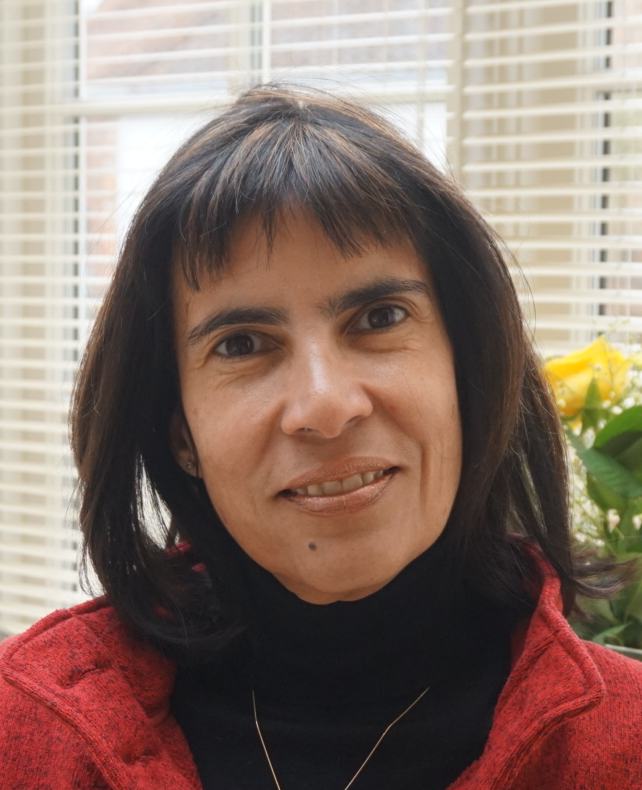 Ana Cavalcanti is Professor of Software Verification at York and Royal Academy of Engineering Chair in Emerging Technologies working on Software Engineering for Robotics: modelling, validation, simulation, and testing. She held a Royal Society-Wolfson Research Merit Award and a Royal Society Industry Fellowship to work with QinetiQ in avionics. She has chaired the PC of various well-established international conferences, is on the editorial board of four international journals, and is Chair of the board of the FME Association. She is, and has been, PI on several large research grants. Her current research is on theory and practice of verification and testing for robotics. Ana Cavalcanti is Professor of Software Verification at York and Royal Academy of Engineering Chair in Emerging Technologies working on Software Engineering for Robotics: modelling, validation, simulation, and testing. She held a Royal Society-Wolfson Research Merit Award and a Royal Society Industry Fellowship to work with QinetiQ in avionics. She has chaired the PC of various well-established international conferences, is on the editorial board of four international journals, and is Chair of the board of the FME Association. She is, and has been, PI on several large research grants. Her current research is on theory and practice of verification and testing for robotics. |
Heike Wehrheim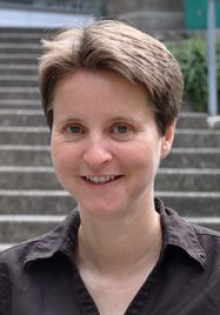 Heike Wehrheim is a full professor of Computer Science at Paderborn University, Germany. Before, she worked as a post-doc at the University of Oldenburg, obtained her PhD from Hildesheim University and studied at the University of Bonn. Her research interest are formal methods and software verification, in particular recently the combination of different verification techniques. Heike Wehrheim is a full professor of Computer Science at Paderborn University, Germany. Before, she worked as a post-doc at the University of Oldenburg, obtained her PhD from Hildesheim University and studied at the University of Bonn. Her research interest are formal methods and software verification, in particular recently the combination of different verification techniques. |
UTP 2019 Invited Speaker
VECoS 2019 Invited Speakers
AFFORD 2019 Invited Speaker
DALI 2019 Invited Speaker
DataMod 2019 Invited Speakers
Ana Cavalcanti Ana Cavalcanti is Professor of Software Verification at York and Royal Academy of Engineering Chair in Emerging Technologies working on Software Engineering for Robotics: modelling, validation, simulation, and testing. She held a Royal Society-Wolfson Research Merit Award and a Royal Society Industry Fellowship to work with QinetiQ in avionics. She has chaired the PC of various well-established international conferences, is on the editorial board of four international journals, and is Chair of the board of the FME Association. She is, and has been, PI on several large research grants. Her current research is on theory and practice of verification and testing for robotics. Ana Cavalcanti is Professor of Software Verification at York and Royal Academy of Engineering Chair in Emerging Technologies working on Software Engineering for Robotics: modelling, validation, simulation, and testing. She held a Royal Society-Wolfson Research Merit Award and a Royal Society Industry Fellowship to work with QinetiQ in avionics. She has chaired the PC of various well-established international conferences, is on the editorial board of four international journals, and is Chair of the board of the FME Association. She is, and has been, PI on several large research grants. Her current research is on theory and practice of verification and testing for robotics. |
Mieke Massink Mieke Massink received her master’s degree in CS from the University of Nijmegen (NL), in 1988; she received her Laurea in CS from the University of Pisa in 1995 and her PhD degree in CS from the U. Nijmegen in 1996. In 1992 she received the “Dr. I.B.M. Frye Stipend” of the U. Nijmegen for the most promising female PhD researcher. She is currently a researcher in the Formal Methods and Tools lab at CNR-ISTI A. Faedo, Italy. Prior to this she held positions at the U. Nijmegen and U. Twente, both in the Netherlands, and in the context of several European projects, the CNR-CNUCE institute, Italy, and the University of York (UK). She has been lecturing at the U. Pisa from 1996 to 1998 and from 2006 to 2009 and at the University of Florence from 2005 to 2017. She is lecturing in the Tuscan PhD program in Smart Computing from 2015; in Feb. 2011 she was Visiting Professor at the MT-Lab, DTU, Copenhagen, DK. Her research interests include the development and application of formal languages for specification and verification of concurrent, safety critical and software intensive systems, including collective adaptive systems which may exhibit emergent behaviour, and HCI related aspects of such systems. Mieke Massink received her master’s degree in CS from the University of Nijmegen (NL), in 1988; she received her Laurea in CS from the University of Pisa in 1995 and her PhD degree in CS from the U. Nijmegen in 1996. In 1992 she received the “Dr. I.B.M. Frye Stipend” of the U. Nijmegen for the most promising female PhD researcher. She is currently a researcher in the Formal Methods and Tools lab at CNR-ISTI A. Faedo, Italy. Prior to this she held positions at the U. Nijmegen and U. Twente, both in the Netherlands, and in the context of several European projects, the CNR-CNUCE institute, Italy, and the University of York (UK). She has been lecturing at the U. Pisa from 1996 to 1998 and from 2006 to 2009 and at the University of Florence from 2005 to 2017. She is lecturing in the Tuscan PhD program in Smart Computing from 2015; in Feb. 2011 she was Visiting Professor at the MT-Lab, DTU, Copenhagen, DK. Her research interests include the development and application of formal languages for specification and verification of concurrent, safety critical and software intensive systems, including collective adaptive systems which may exhibit emergent behaviour, and HCI related aspects of such systems. |
F-IDE 2019 Invited Speaker
FMAS 2019 Invited Speakers
FMBC 2019 Invited Speaker
FMIS 2019 Invited Speaker
FMTea 2019 Invited Speaker
HFM 2019 Invited Speaker
Mark Priestley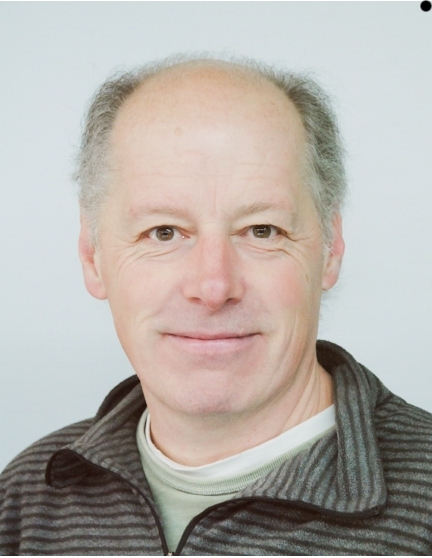 After a career as a programmer and lecturer in software engineering, Mark Priestley is now an independent scholar of the history and philosophy of computing with a particular interest in the early history of programming. His publications include the books A Science of Operations and ENIAC in Action (coauthored with Thomas Haigh and Crispin Rope). His most recent book, Routines of Substitution (Springer, 2018), is a study of John von Neumann’s work in software development in the mid-1940s. Read more at http://www.markpriestley.net. After a career as a programmer and lecturer in software engineering, Mark Priestley is now an independent scholar of the history and philosophy of computing with a particular interest in the early history of programming. His publications include the books A Science of Operations and ENIAC in Action (coauthored with Thomas Haigh and Crispin Rope). His most recent book, Routines of Substitution (Springer, 2018), is a study of John von Neumann’s work in software development in the mid-1940s. Read more at http://www.markpriestley.net. |
NSAD 2019 Invited Speaker
OVT 2019 Invited Speaker
OpenCERT 2019 Invited Speaker
REFINE 2019 Invited Speaker
RPLA 2019 Invited Speaker
Robert Glück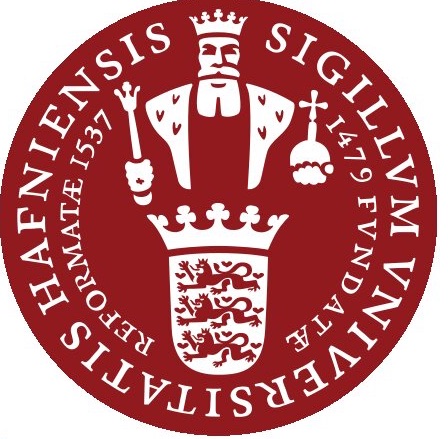 Robert Glück is a Professor of Computer Science at the University of Copenhagen. His main research interests are programming languages and software systems. His current research focus is on reversible computing, program generation, and metaprogramming. He has chaired and edited the proceedings of several conferences and workshops in North America, Europe and Asia. Robert Glück has been the principle investigator of a number of research awards and projects. (Robert Glück is kindly sponsored by CMUP/FCT.) Robert Glück is a Professor of Computer Science at the University of Copenhagen. His main research interests are programming languages and software systems. His current research focus is on reversible computing, program generation, and metaprogramming. He has chaired and edited the proceedings of several conferences and workshops in North America, Europe and Asia. Robert Glück has been the principle investigator of a number of research awards and projects. (Robert Glück is kindly sponsored by CMUP/FCT.) |
SASB 2019 Invited Speakers
TAPAS 2019 Invited Speakers
